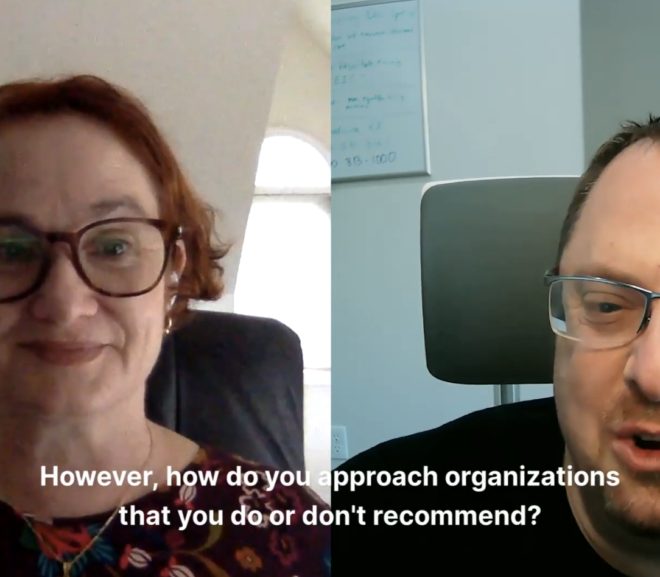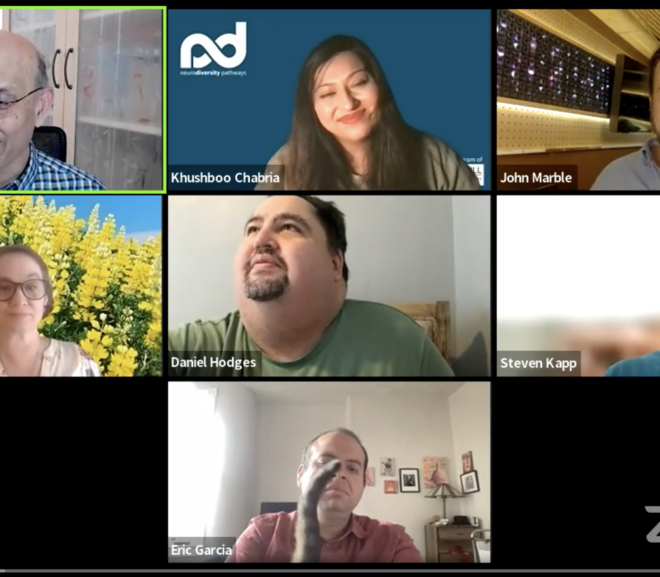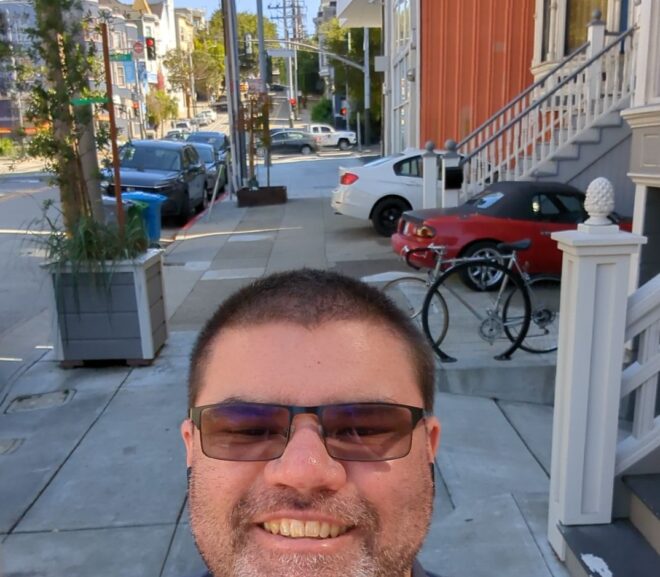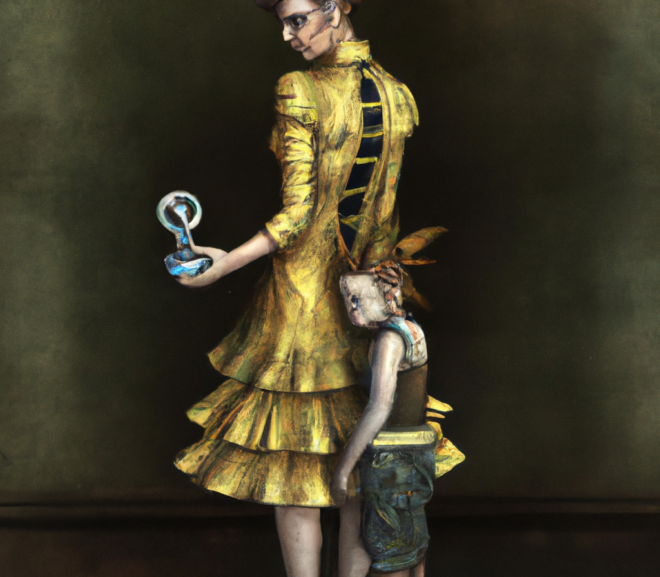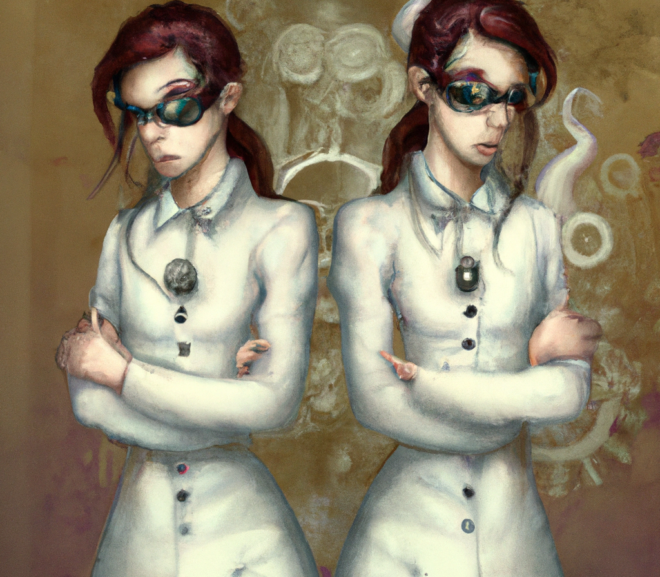Ashley Storrie, co-creator and star of Hulu’s series Dinosaur, talks with TPGA about incorporating her own autistic experiences into the show, and why storytelling is so crucial for wider understanding of underrepresented groups.
Author: Shannon Des Roches Rosa
Senior editor Shannon Rosa talks with autistic podcaster Shawn Sullivan of Unheard Voices about what we do here at TPGA: Our passion for debunking autism misinformation, boosting neurodiversity advocacy, and fighting for disability rights. Shawn was a gracious host, and Shannon had a lot of opinions—all of which are correct.
The book Neurodiversity for Dummies is happening because there really is a dearth of accessible information and resources. This listening session is a conversation about what neurodiversity is, and what neurodivergent people need to thrive.
Joseph Krauter is an autistic writer and tech worker who was diagnosed as an adult, while serving time at San Quentin Prison in California. We talked with Joseph about how his life could have been different with earlier diagnosis and supports, the difficulty of receiving an autism diagnosis while incarcerated, and how his life has changed since both his autism diagnosis and his re-integration into society.
Autistic people tend to benefit from acceptance much more than from awareness, as awareness is passive whereas acceptance is a choice. Here are ten ways you can honor Autism Acceptance, and autistic people of all ages.
We spoke with autistic academics Richard Woods, Kathryn Williams, and C.A. Watts about their recently published letter explaining why “profound autism” bungles the support needs of autistic people with co-occurring conditions, and will endanger autistic lives.
The thing about PDA or “Pathological Demand Avoidance” is that there are a lot of reasons why someone would resist doing something, and it’s often more complex than it appears on the surface.
The term ‘profound autism’ is not particularly useful, as “many autistic people who do not have the characteristics the authors focus on have significant support needs, and support needs can be radically different across different domains, social contexts, and time.”
We spoke with writer, public speaker, and autism self-advocate Gyasi Burks-Abbott about growing up Black and autistic in a much less autism-aware era, and how he was able to thrive thanks to the guidance of his intuitive and supportive mother.
We spoke with autistic advocate and autism pseudoscience watchdog Anne Borden King about the continued proliferation of questionable and outright fraudulent “treatments” for autism.

